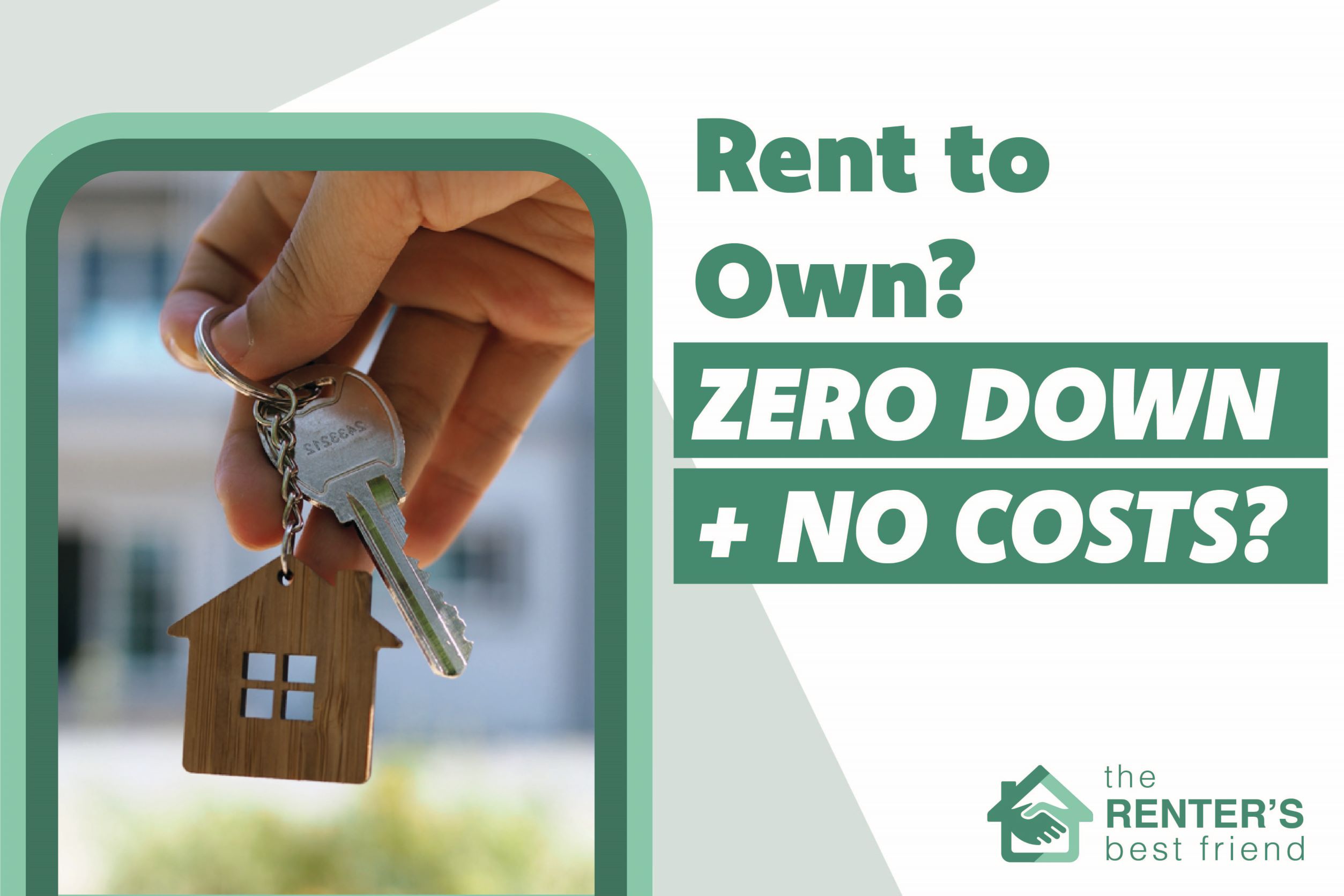Pets are a large part of many people’s lives and are essential parts of their lives and their families. They provide unconditional love and happiness to their humans who love and care for them.
You may have found the perfect rent-to-own house that you really want. But you were denied because of your pets. Now, what do you do?
So Can I Be Denied Because of Pets or Not?
Unfortunately, many landlords will not allow pets in their rental properties. Their reasons vary from pet dander and allergies to damage on their property to potential attacks on other tenants with certain dog breeds.
However– if you want to virtually guarantee that you can bring your pet with you, you can claim them as an emotional support animal. Click here to get your official approval letter now (do it for your pet).
Now, for those without an official approval letter, this becomes an impossible situation for prospective renters with pets as they look for different places to live.
Can you understand their concern for the safety or cleanliness of a property if pets were allowed? Will you need to pay them back if your pet damages the carpet or chews on the furniture? Well, of course, you can sympathize, but shouldn’t they be able to be sympathetic to how much your old dog Sparky means to you?
The question really becomes if this is legal or not.
The answer to this question is complicated, but the short version is that a landlord can legally deny you rent because of your pet. They have the right to set whatever parameters they’d like on their property, including not wanting pets.
However, there are many exceptions to this rule. For example, many states have laws that protect people with disabilities from discrimination by landlords who have “no pets” policies for rental properties. If a landlord evicts a tenant because of their disability—which may include having an emotional support animal—then that landlord could be sued for damages under state and federal laws.
Through Rent to Own Home Finder, we are affiliated with Certified Petz which offers different packages that connect you with a Licensed Mental Health Professional (LMHP) and will supply you with a prescription letter certifying that your animal qualifies as an ESA if such criteria applies.
However, if you have already signed the lease with an arrangement made with a landlord to allow your pet(s), and are later denied housing for having said pet(s) and it is not for any legitimate reason (such as a violation of the lease or other such issue), then you may have a legal case against your landlord.
Aside from the unique scenario of a disabled person or high-needs person needing a service animal, tenants have no legal right to insist upon pets being allowed by the landlord on the property.
The landlord may also place criteria on what pets are allowed and rules concerning them, like breed and weight restrictions, spay/neuter status, and the type of animal allowed. Local ordinances can apply to the lease agreement in this circumstance, so the tenant should review the law of his or her county and city before applying for the property.
The best way to approach the situation is to have an honest, open conversation with the landlord or homeowner before you sign the lease agreement. While they may still deny you, they could consider entering a pet clause into the rent agreement. You also may be able to offer more in rent and/or a pet deposit in case of damages.













